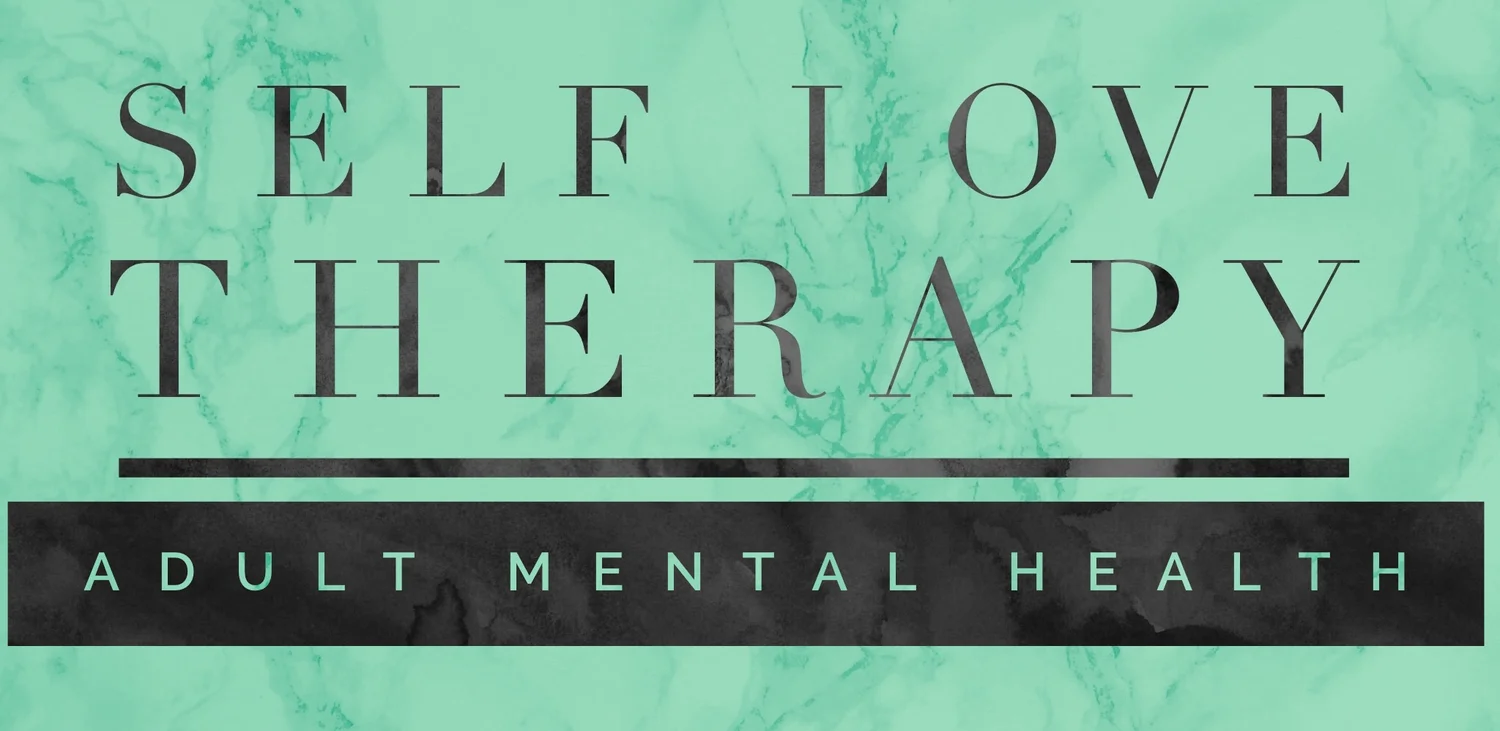When a mother shared with me how she were afraid of herself for shaming her kids in exactly the same way her parents had shamed her, she was astounded and frozen to discover she was about the same age as her daughter when she'd felt unduly humiliated. For a few minutes she had become what she had sworn she would never be – an inpatient, disrespectful, and unmindful parent.
She asked me if this would go on forever. I explained to her that shame is contagious in shaming families, passing on easily from one family member to another to impact everyone. Recall previous anger management posts when I explained how the emotion of anger manifests in response to some other underlying feelings, with shame as the most persistent one. In the context of a family, one or more members might "borrow" the shame that actually belonged to another person.
The presenting image from the past is that, at one time, a child received shame against his will. This shame initiated from the action or attitude of another – usually a more powerful – member of the family. I shared my view with mother that this shame must be returned before she could embrace a non-shaming view of herself. She said that she would fear herself for standing up to her mom and dad, but admitted how more convenient a release of tension could it be if she chose to continue shaming her own child. “Totally understandable”, I remarked to reassure that returning borrowed shame is only really letting others take responsibility for their own actions or emotions.
Often, transference of shame emotion happens when the family cannot stand the humiliation of the real problem and this can be either intentional or unintentional. Consider the following monologue for clarification:
“You should be ashamed of yourself, young man! If you got better grades and caused less concerns around you, your father wouldn’t get so upset and have to drink”
In this instance, the speaker – be it the spouse, parent or a sibling – finds it much easier to blame a child than to cope with a grumpy volatile man’s drunkenness. Some children may be blamed the most for family sufferings – a phenomenon referred to by family therapists as scapegoating – still others in the family may also “borrow” shame unwillingly. When there is a powerful and often hot-tempered member whose shame is never owned nor acknowledged but readily transferred, another member’s failure to keep everybody happy and everything perfect will make the soil fertile for shame and guilt to grow inside of her or him.
What is the remedy?
The gateway to healing is a self-realization followed by compassion towards self, and then, others. It begins with a straightforward recognition that your feeling of shame about something might have nothing to do with you as it could be the product of another family member’s actions. To succeed at getting released from and returning such “borrowed shame”, consider this self-statement:
“Some time ago I took on some shame that didn’t belong to me, thinking it was mine at the time. So did the rest of my family. But now I know that I did nothing at the time that was wrong. I am not guilty and I have nothing to feel ashamed about”
Anger is appropriate and common during the exploration of our childhood. It suggests that something wrong happened. It can provide energy for us to create changes in our thoughts and actions in here-and-now or we insist to keep anger inflamed. Be aware that valid anger doesn’t need to turn into resentment, which is a far less productive emotion for making a resentful person hold on to anger and not want to give it up and move forward with life. The main goal is for you to return borrowed shame that damages your wellbeing, and not to punish others by insisting that they should feel humiliated.
This task involves a bold conversation with aggressor that requires some preparation. I will focus on helping you master that in the next Biweekly.
Dr. Hessam


